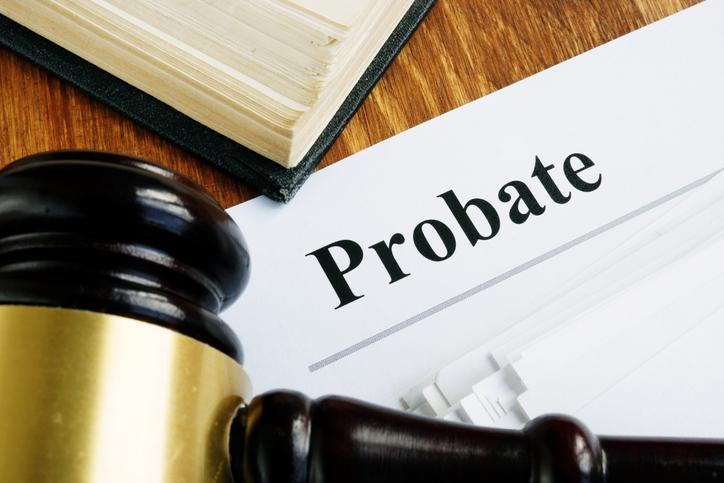
- posted: Apr. 30, 2022
- Estate Planning
Probate is the court supervised process of winding up a deceased person’s financial affairs. This includes paying the decedent’s debts and distributing the remaining assets to his or her chosen beneficiaries or rightful heirs at law. Each state has its own probate laws and specific procedural requirements.
Here is a brief summary of the essential steps in completing an Arizona probate matter:
- Application — If there is a last will and testament, the executor named in the will files an application with the probate court to start the process. If there is no will, a close relative or other authorized person may file the application.
- Appointment of personal representative — The probate court either confirms the executor as the personal representative for the probate case or appoints one if there is no will or the named executor is unavailable.
- Notice — The representative sends legal notice to all potential creditors, beneficiaries and other interested parties that the probate case is pending.
- Inventory and valuation — The representative identifies the decedent’s assets (including all real property and personal property) that will pass to beneficiaries by a will or to heirs by state statute. The representative also estimates the fair market value on each reported asset.
- Payment of creditors — Once the assets are identified and valued, the decedent’s debts are paid. These include any bills for funeral and medical expense, and other outstanding debts.
- Estate income tax return — The representative files a final tax return, paying income taxes due.
- Final accounting — The representative updates the estate’s financial records to reflect the assets remaining after the bills are paid. The representative requests that all parties having an interest in the estate agree to the accounting.
- Distribution — After full acknowledgement of the final accounting, the representative distributes the assets. If there is a will, the assets are passed to the beneficiaries in accordance with its instructions. If there is no will, the assets are distributed to the decedent’s legal heirs in accordance with state law.
- Closing — Once the assets are distributed, the representative files a petition to close the estate. After the court’s approval, the case is concluded.
Note that some types of property automatically pass to beneficiaries outside the probate process, such as jointly held assets or property controlled by a trust.
Probate can be laborious and sometimes contentious. Beneficiaries, as well as heirs who have been cut out of a will, can and do bring legal contests. They may challenge the decedent’s competency to make a will or may object to specific bequests or valuations of assets. Anyone involved in an estate probate matter is encouraged to retain a qualified probate and estate law firm to provide guidance through the process.
Located in Mesa, Arizona, the Law of Offices of Joseph M. Udall, PLC has the experienced probate counsel and support staff to provide complete estate administration services. Please feel free to contact us online or call [ln::phone] for an initial phone consultation.



